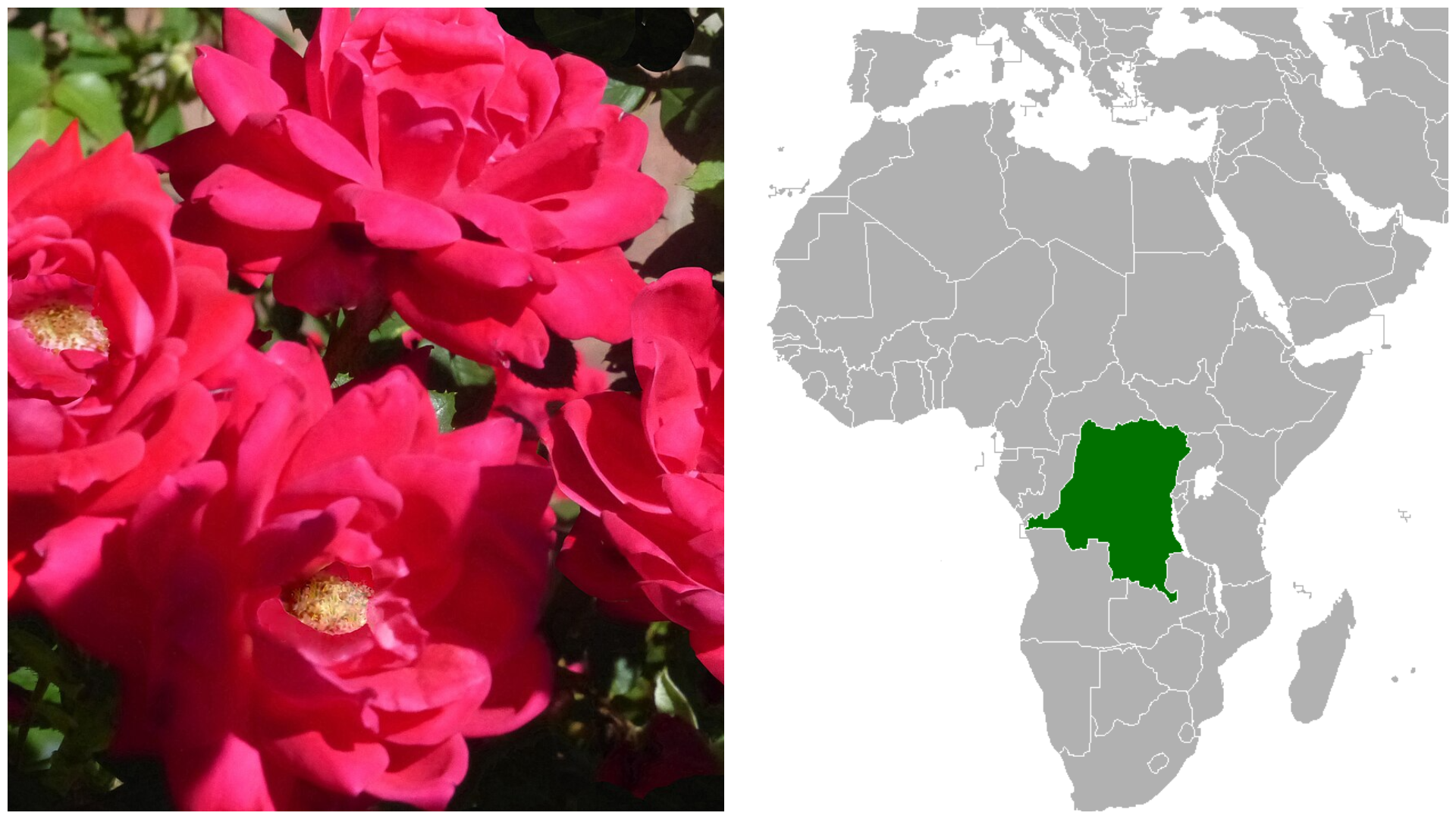
ART CHECK: Gen Zs should maintain the momentum in 2025
Unyielding belief in their potential is the key to success
Ruto’s efforts to spread the love must be applauded
In Summary

Love, as Lao Tzu, the sage of Daoism, teaches, is the highest form of strength, a force that unites, nurtures and ultimately prevails over aggression.
In this spirit, President William Ruto’s guidance on the futility of war as a solution to the ongoing political conflict in the Eastern Democratic Republic of Congo (DRC) embodies the wisdom of Daoism: that true victory is achieved not through military might but through harmony, dialogue and mutual understanding. He is the current head of the East African Community.
Lao Tzu’s Tao Te Ching presents a view of love not as mere sentimentality but as an elemental force that sustains life and fosters peace. He warns against the destructive cycle of war, emphasising that force begets resistance and violence leads to further strife.
In Chapter 67, he extols three treasures: simplicity, patience and compassion, noting that compassion breeds courage and humility breeds strength. True power, he insists, does not arise from domination but from yielding, much like water that, though soft, erodes even the hardest stone over time.
In contrast, war is a failure of wisdom, a deviation from the natural balance of the Dao. “Weapons are instruments of fear; they are not a wise person’s tools,” Lao Tzu declares, cautioning against the glorification of conflict.
Even when military action seems necessary, it should be undertaken with great reluctance, never with celebration. This perspective resonates deeply with President Ruto’s stance on the Eastern DRC conflict: war is not the answer; only love, dialogue and diplomacy can secure lasting peace.
At the recent Joint EAC-SADC meeting in Dar es Salaam a week ago, our President and fellow regional leaders acknowledged the complexity and protracted nature of the DRC crisis. Their resolution to prioritise diplomacy over military intervention aligns with Lao Tzu’s wisdom that force can never bring genuine stability.
The President’s assertion that the conflict cannot be resolved by military means but rather through a comprehensive diplomatic approach mirrors the Daoist principle of achieving balance through non-coercive means.
His warning against external actors undermining peace efforts also echoes Lao Tzu’s cautionary stance on unnecessary interference. The Daoist way would suggest that only by removing external pressures and fostering internal harmony can the DRC find a path to peace.
In a region marked by historical tensions and competing interests, love — expressed through compassion, diplomacy, and mutual respect — must be the guiding force of integration. The EAC-SADC summit’s decision to convene yearly to review peace efforts exhibits this commitment.
Their directive for an immediate and unconditional ceasefire, humanitarian assistance and securitisation of key regions reflects the Daoist understanding that peace is an organic process cultivated through persistent and deliberate efforts.
Lao Tzu teaches that the greatest leaders govern not by force but by example, inspiring trust rather than imposing control. President Ruto’s call for an immediate cessation of hostilities and his push for diplomatic engagement demonstrate this leadership philosophy. He is advocating for a peace that does not merely silence guns but one that secures territorial integrity, affirms sovereignty and upholds the aspirations of the Congolese people.
As lovers across the world exchange tokens of affection on Valentine’s Day, the message of love must extend beyond personal relationships to the collective well-being of nations. Love, in its highest form, is not just an emotion but an active commitment to peace, justice and coexistence.
In a world where conflict often seems inevitable, embracing love as a political principle may appear idealistic, but history has shown that only through cooperation and understanding can true stability be achieved.
The DRC’s prolonged instability is a stark reminder that peace cannot be imposed, it must be nurtured. Lao Tzu’s vision offers a blueprint: just as water flows around obstacles, shaping the landscape without force, so, too, must regional integration efforts flow with the currents of cooperation rather than the rigid imposition of military solutions.
Love, in this sense, is not weakness but the ultimate strength, capable of transforming adversity into harmony.
On this Valentine’s Day, let us celebrate love not only in the personal realm but also in the political and international arenas. The Eastern DRC conflict presents an opportunity for the EAC and SADC to champion a new paradigm, one where love, in the form of diplomacy, compassion and mutual respect, triumphs over war.
As Lao Tzu reminds us, true power lies not in force but in wisdom, and true leadership is demonstrated not through conquest but through the ability to foster peace. If the EAC-SADC region truly embraces the Daoist principle of harmony, it can become a beacon of peace, demonstrating to the world that the most enduring victories are won not through the battlefield but through the quiet strength of love, understanding and unwavering commitment to the greater good.
Happy Valentine’s Day, people of Africa from East, South and beyond!

Unyielding belief in their potential is the key to success

The world is quieter for your passing, but your words will carry on